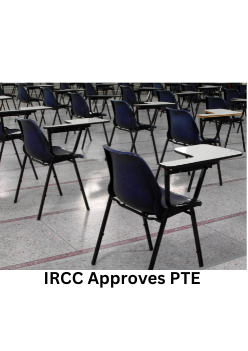Collocation or word-pairing makes for an important concept in grammar and vocabulary. However, from what we can gather during our practice sessions with aspiring IELTS/PTE test-takers, most candidates are unaware of this concept or even if they are aware, they struggle to use the right word pairings–be it in speaking or writing.
We, hence, thought of breaking down the fundamentals of this grammatical concept.
What is collocation, after all?
By virtue of definition, collocation refers to words that are placed together, and are thus loyal friends! Remember the nursery rhyme expressions like “chubby cheeks”, “curly hair”? They all can clubbed under the category of collocation.
Common categories of collocation: There are six common types of word placements/ blendings (noun, verbs, adverbs etc.) that are usually used in English language.
Collocation: Examples
Noun+Noun Collocation
1. Strong Coffee (it would rather make for an odd combination if we were to say powerful coffee
2. Coffee Mug
3. Blue-collar Job
4. Comfort Zone
5. Birth Certificate
Adjective+Noun Collocation
1. Medical Care (“Hospital Care” would be a rather rare combination)
2. Mental Wellbeing/Mental Illness (“Mind illness” would sound slightly awkward. Won’t it?)
3. Strong/Hard wind (“Rough wind” won’t sound a good combination)
4. Heavy meal (“Huge meal” may sound odd)
5. Preconceived Idea (not “pre-thought” idea)
Adverb + Adjective Collocation
1. Strongly Opposed (Not “Severely opposed”)
2. Highly Successful (“Hugely successful” is a weird blend rather)
3. Utterly Wrong (Sounds better than “Severely wrong”)
4. Deeply Concerned (“Sincerely concerned” may not sound good)
5. Astronomically high (Not “Skyly high”)
Verb+Noun Collocation
1. To experience joy
2. To make the bed
3. To go hungry
4. To conduct research
5. To gain experience
Verbs+Prepositional phrase
1. Congratulate (someone) on/for ([doing] something)
2. Compare (something) to /with (something else)
3. Graduate from (a place)
4. Substitute (something) for (something else/someone)
5. Accuse someone of (Not accuse someone for)
Adverb+Verb
1. Strongly condemn
2. Quite agree
3. Deeply rooted
4. Badly damage
5. Completely forget
6. Greatly admire
That’s all in collocation today. Meanwhile, do write to us at https://hurrayedutech.com, for any query related to IELTS or PTE test preparation. You may also like to share this post with someone who could benefit from it.











Post Comments